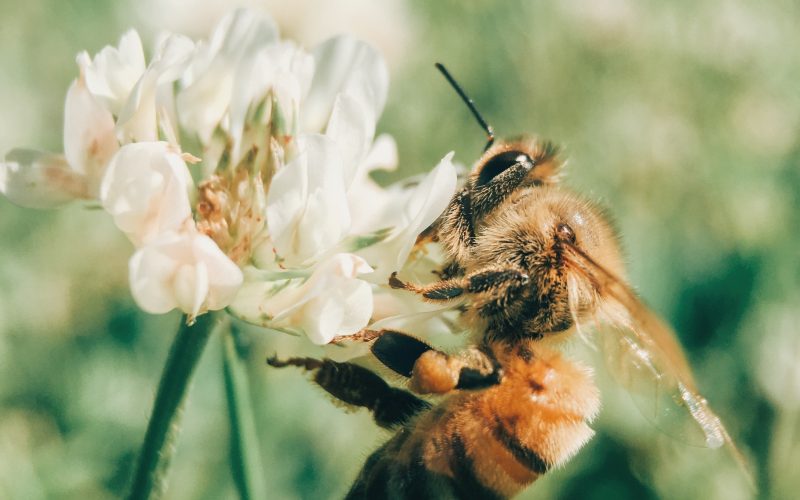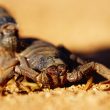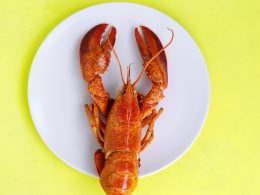Bees are some of the smallest creatures in the animal kingdom, but they play an incredibly important role in our world. Bees are responsible for pollinating a wide variety of crops, including fruits, vegetables, nuts, and grains. Without bees, many of the foods we enjoy every day would be in short supply or disappear altogether.
However, bee populations around the world have been declining rapidly in recent years. This has many experts worried about the future of our food supply and the health of our planet as a whole. In this article, we’ll explore the reasons why bees are so important, the threats they face, and what we can do to help protect them.
Why are bees so important?
Bees are one of the most important pollinators in the world. They are responsible for pollinating more than 30% of the crops that we eat, including apples, almonds, blueberries, cucumbers, and many more. Without bees, these crops would not be able to reproduce and would eventually disappear. This would have a devastating impact on our food supply and the global economy as a whole.
In addition to their role in pollination, bees also produce honey, which is an important food source for many animals, including humans. Honey is rich in antioxidants and has antibacterial and anti-inflammatory properties. It has been used for centuries as a natural remedy for a variety of ailments.
What threats do bees face?
Despite their importance, bee populations around the world have been declining rapidly in recent years. There are several factors that contribute to this decline, including:
- Habitat loss: As urban areas continue to expand, the natural habitats of bees are disappearing. This means that bees have less access to the flowers and plants they need for food and shelter.
- Pesticides: The use of pesticides has been linked to a decline in bee populations. Many pesticides are toxic to bees, and even low levels of exposure can have a negative impact on their health.
- Climate change: Climate change is also having an impact on bee populations. Rising temperatures and changing weather patterns are affecting the timing of flower blooms, which can make it difficult for bees to find the food they need.
What can we do to help bees?
There are several things that individuals and communities can do to help protect bees and their habitats. Some of these include:
- Planting bee-friendly gardens: Planting gardens with a variety of flowers and plants can provide bees with the food and shelter they need to thrive.
- Avoiding the use of pesticides: If possible, try to avoid using pesticides in your garden or yard. If you must use them, choose organic options that are less harmful to bees.
- Supporting local beekeepers: Buying honey from local beekeepers can help support the beekeeping industry and ensure that bees have access to the food and habitat they need.
- Advocating for bee-friendly policies: Encouraging lawmakers to support policies that protect bees and their habitats can also help make a difference.
In conclusion, bees are incredibly important creatures that play a vital role in our food supply and the health of our planet. However, their populations are declining rapidly due to habitat loss, pesticides, and climate change. By taking steps to protect bees and their habitats, we can help ensure that these tiny creatures continue to thrive for generations to come.












